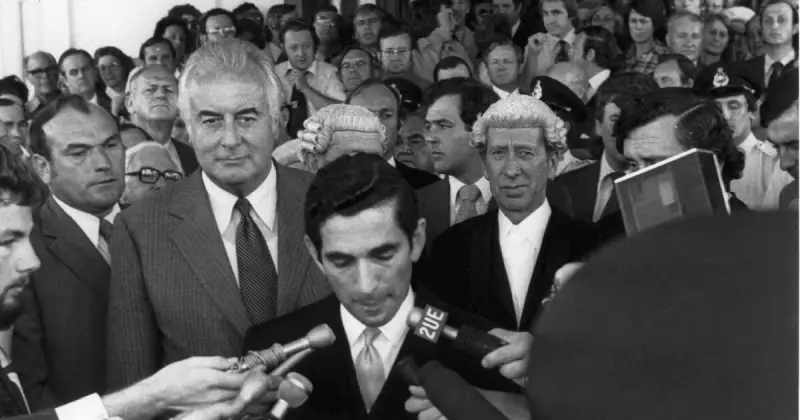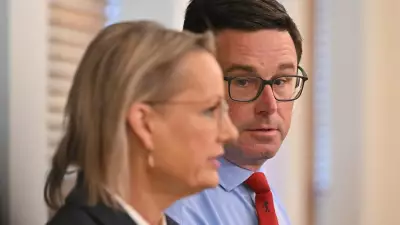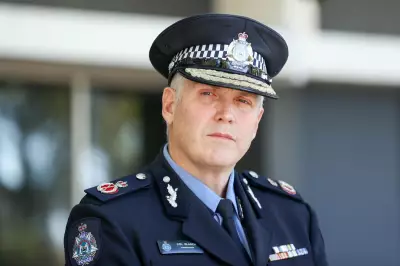
Fifty years after the dramatic dismissal of the Whitlam government, Australian readers remain fiercely divided over the legacy of one of the nation's most transformative prime ministers. The debate has reignited in letters to the editor, with supporters pointing to Whitlam's monumental reforms while critics maintain his economic management justified his removal from office.
The Case for Whitlam's Transformative Legacy
Rod Carter of Murrumbateman, NSW argues that Whitlam's critics overlook his profound impact on modern Australia. "Whitlam brought Australia into the second half of the 20th century after 23 years of Liberal/Country Party-induced sleep," Carter writes, acknowledging that while the last 18 months of Whitlam's government were "regrettably chaotic," the OPEC oil embargo of 1973 and ensuing inflation would have challenged any government.
Carter outlines an impressive list of Whitlam government achievements that reshaped Australian society: universal healthcare, expanded funding for schools and TAFE, abolishing university fees, ending conscription, withdrawing troops from Vietnam, pioneering land rights, establishing diplomatic relations with China, creating the Family Court, and introducing no-fault divorce.
The scale of legislative change remains unprecedented. "In its first year alone, the Whitlam government passed 203 bills, more than any government before or since," Carter notes, concluding that despite subsequent Coalition governments, Australia became "a more vibrant and just society" under Whitlam's leadership.
The Defence of the Dismissal
Mario Stivala of Belconnen offers a contrasting perspective, defending Governor-General Sir John Kerr's decision to dismiss Whitlam in 1975. Stivala describes the move as necessary, arguing Whitlam was "well on the way to bankrupting the country" by approaching "a Middle Eastern loan shark for finance at an allegedly inflated rate to pay for supply requirements."
Stivala emphasizes that Australian voters ultimately validated the dismissal at the subsequent election. "They overwhelmingly rejected Labor in both houses. Democracy in action," he writes, adding that "at the end of the day it was the voters who had the final say."
Contemporary Political Parallels
Ian Morison of Forrest draws connections to current politics, suggesting Prime Minister Anthony Albanese should focus on contemporary challenges rather than "bellowing about the legitimacy of the dismissal some 50 years ago." Morison lists Labor's unfulfilled promises including lowering electricity bills by $275, building 1.2 million homes, improving education standards, and balancing the budget.
The historical comparison appears pointed: "It may not take as long as it seems for the Liberals to sort themselves out as a realistic alternative government. Labor may then go the way Gough went at the election on December 13, 1975 - out by a record majority."
Beyond Whitlam: Other Reader Concerns
The letters also reveal ongoing debates about contemporary issues. Jane Robinson of Mount Fairy condemns the ACT government's kangaroo cull program, noting that 2978 healthy eastern grey kangaroos plus their joeys were killed this year based on predictions of drier conditions that haven't materialized.
Anne O'Hara of Wanniassa criticizes Coalition energy policy, questioning the logic of "asking the taxpayer to help prop up ageing coal-fired power stations" while climate damage costs Australians billions annually.
On international affairs, Albert M. White of Queanbeyan questions Australia's security pact with Indonesia given both countries' "inglorious human rights records," while Jane O'Neill of Aranda defends Israel against what she describes as "false allegations" regarding Gaza.
Enduring Political Divisions
The passionate exchange demonstrates how Whitlam's brief but transformative government continues to shape Australian political discourse half a century later. The fundamental questions raised—about the balance between radical reform and economic responsibility, the limits of executive power, and how we judge political legacy—remain unresolved in contemporary Australian politics.
As Rod Carter concludes, "Gough Whitlam unquestionably earned a respectable chapter in our history books," though the content of that chapter continues to be written and rewritten with each new generation of Australians.





